The Warren Centre
& Professor Ron Johnston
Humanitarian
Innovation
Pitch
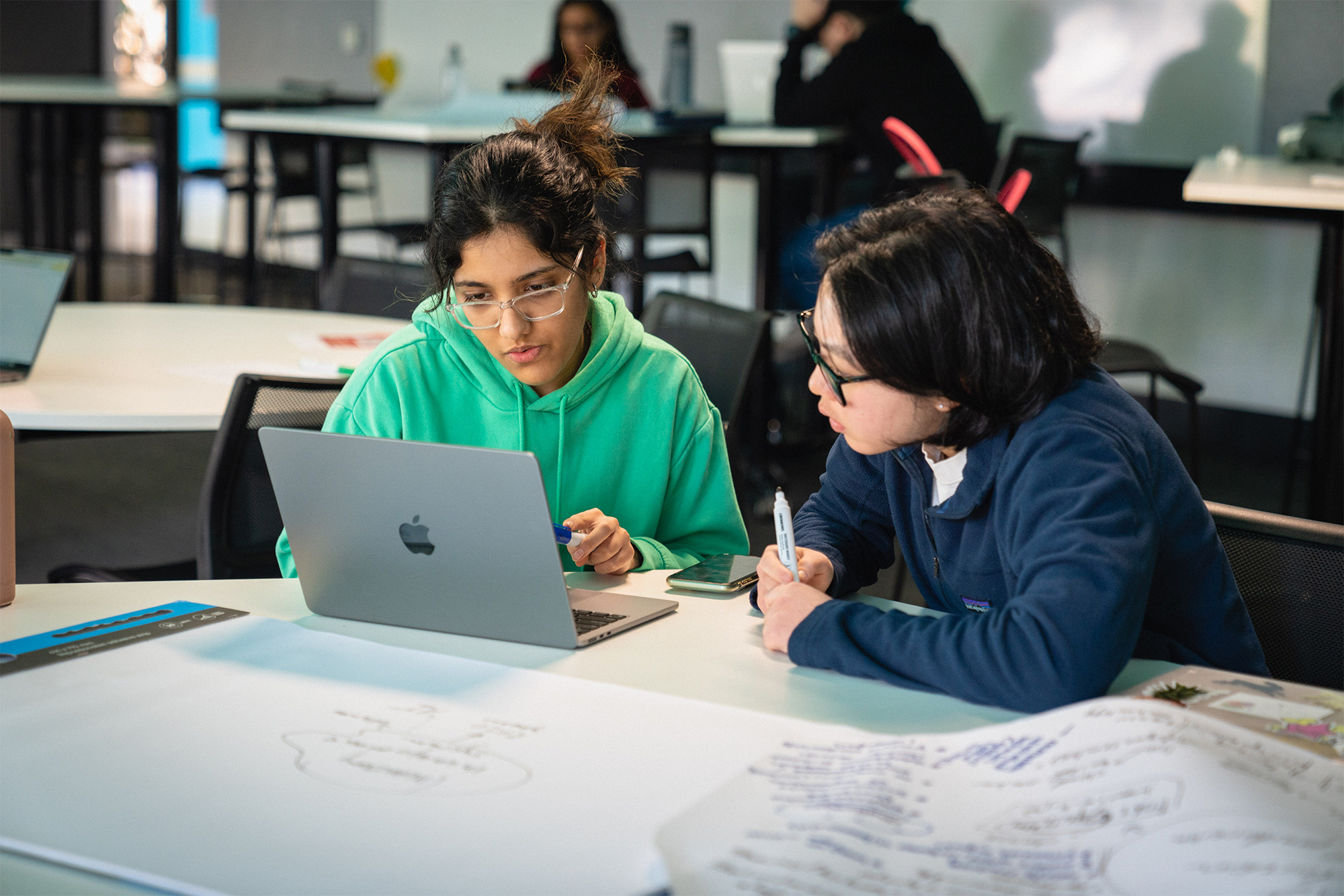
Winners announced!

Congratulations to the 2024 Humanitarian Innovation Pitch winners and runner-ups!
First Place
Emily Nabong
The University of Sydney
Empowering Climate Resiliency with an Interactive Policy Tool
Emily’s research focuses on developing a tool that helps policy makers to simulate the potential long-term effects of climate change adaptation strategy choices in a risk-free virtual environment, across metrics such as water needs, housing, land use and reclamation, health, and income, rather than testing through actual trial and error implementation.
The goal is to be able to make future plans with knowledge of how decisions interrelate, to avoid actions or choices that help one area while unintentionally harming another as a result. Emily’s has trialled her research work with partners in Kiribati, a small island nation in the Pacific, to quantitatively model the impacts of climate change on water needs and land use in their communities.
Second Place
Phyllis Wairimu Ngugi
Bond University
Tackling Food Insecurity Through Traditional Preservation Methods
Phyllis’ research focuses on modernisation and scalability of the traditional solar drying method to provide suitable, localised, low-tech and low-cost solutions to avoiding food waste, improve food security and support rural communities. Social Enterprises are used to combat poverty, promote food security, and enable transformative social effects.
Her research contemplates modernised but locally produced, low cost solar dryers with opportunity for income generation via local cooperatives. Phyllis’s research looks at the role of women led social enterprises in promoting food security and sustainable development in Kenya.
Third Place
Mahima Pivithuru Herath Herath Mudiyanselage
Griffith University
Barrier-free Medical Services; Enhancing the accessibility to Primary Healthcare services in Zaatari Refugee Camp, Jordan
Mahima’s research aims to create a model for improving the lives of Syrian refugees in the 70,000 person Zaatari Refugee Camp, Jordan, by enhancing their access to primary healthcare services within their semi-permanent refugee camp, promoting good health and wellbeing in this highly vulnerable community.
The “research by design” strategy focuses on improving healthcare accessibility by addressing physical, social, and cultural barriers, with the design and placement architecture of modular healthcare satellite clinics interconnected with the central “hub” hospital, to improve accessibility and patient flow. Designs incorporate recycled materials, and the principles can be adapted to other similar situations.
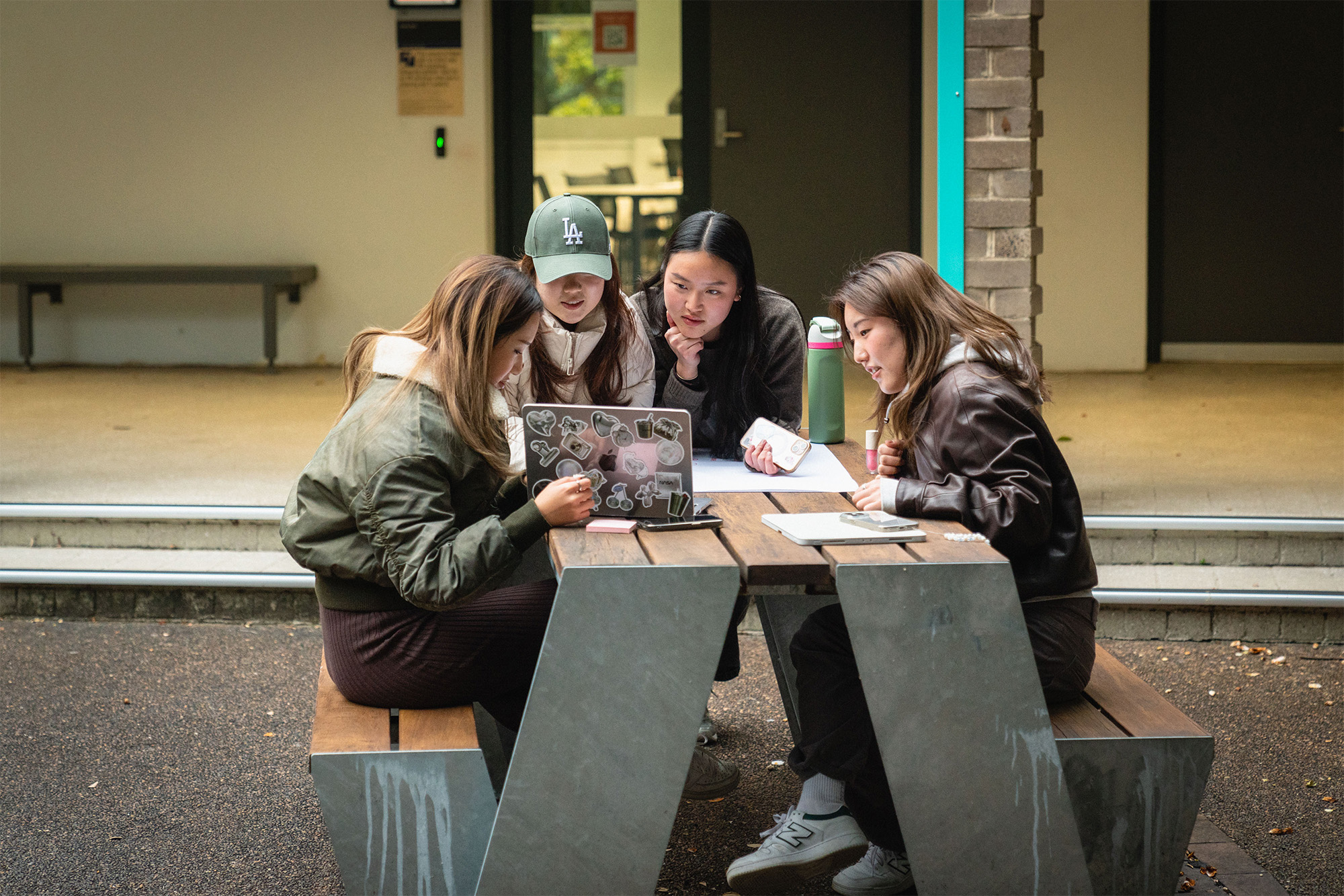
What is The Pitch?
The Humanitarian Innovation Pitch is an annual national prize recognising Postgraduate by coursework and Higher Degree by Research (HDR) students for conducting research that can be applied to address pressing issues facing underserved or marginalised communities.
The Event is designed to raise the profile of Postgraduate or HDR student research that has made or has the potential to make contributions to addressing humanitarian or development challenges.
In particular, the Pitch seeks to encourage students to think about how governments, institutions, non-governmental organisations, and communities might apply their research.
Key Dates
Submissions open
5th August to 16th September 2024
Judging
23rd September to 6th October 2024
Winner’s Announcement
15th October 2024
PTC Conference
19th January to 22nd January 2025
First Place
One complimentary conference registration for the PTC Conference, held January 19 – 22, 2025, with a travel stipend to help fund a round-trip economy class airfare from the winner’s closest major airport to Hawaii, and five-nights hotel accommodation
$1,000 AUD Cash
Paid internship
Second Place
$2,000 AUD Cash
Paid internship
Third Place
$1,000 AUD Cash
Paid internship
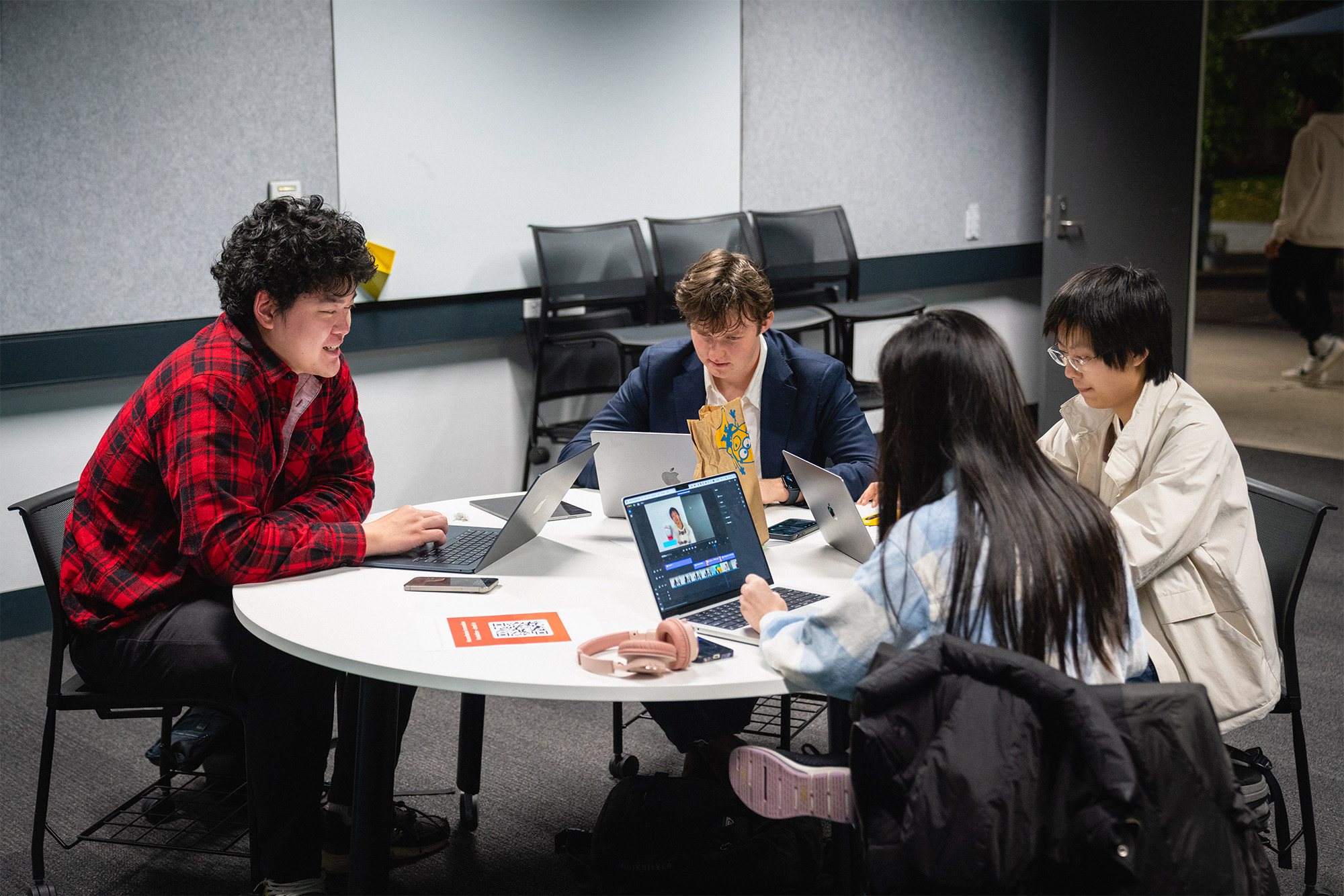
Entrants must be a postgraduate coursework or higher degree by research (HDR) student currently enrolled at an Australian university or have completed a postgraduate coursework or an HDR degree from an Australian university within the last 6 months.
Entries must be individual – team submissions are not permitted;
An individual may only make one submission;
Entrants will be required to provide evidence of their eligibility under these rules as a part of their submission. Example of evidence is a university ID card.
Judges
A judging panel of eminent members from the Australian community with experience in the delivery of humanitarian assistance and international development has been established by The Warren Centre.
A formal assessment methodology will be used. No discussion of any kind will be entered into after presentation by entrants nor will further clarifications be sought by the judges prior to making their decision.
The decision of the Judging panel is final and not appealable in any way.
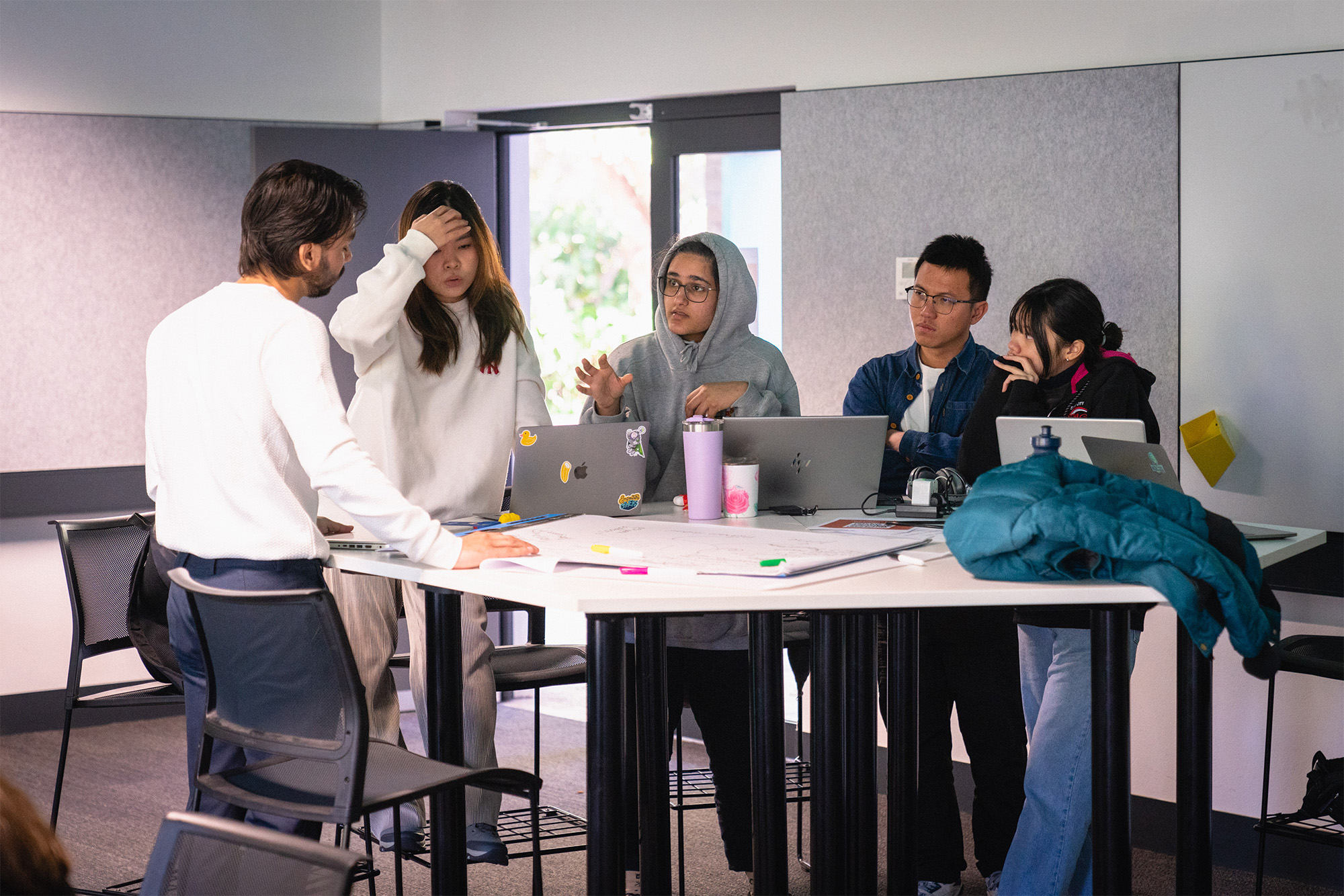
Submission Requirements
Entrants must put forward a submission in which they connect their HDR degree research to a real problem in a humanitarian or development context (post-disaster, protracted crisis, development assistance or otherwise). Basic or applied research will be considered, but there must be a connection made to practical solutions for communities.
The research must make a clear connection to one or more of the United Nations Sustainable Development Goals.
• Individual details;
• Portrait photo;
• An abstract of the research, of up to 200 words, including an accompanying optional graphical abstract;
• A video (aka The Pitch), up to a maximum of 5 minutes;
• Supporting documentation (optional), limited to one published journal article, conference paper, or other written work.
• Acceptance of terms and conditions.
- Video Submission Guidelines
- File Format (mp4 is best)
- Wide frame orientation – (No Reel/Story/Tiktok orientation)
- File size 500-600mbs
- Maximum 5 mins
- File name must be Full Name of Participant
- Submission Link – TBA
Evaluation Criteria
Submissions must be concise and demonstrate the contributions of the research to both theory and practice. Evaluation criteria will be the degree to which the research:
The Problem
1. Addresses a real and pressing humanitarian or development problem;
2. Identifies a clear gap in knowledge with existing literature.
The Research
1. Uses appropriate and clear research methods;
2. Is novel, original and innovative.
The Benefits
1. Describes clear recommendations for practice with defined target end-users;
2. Considers cross-cutting sectoral issues such as localisation, disability inclusion, gender, and protection;
Communication
1. Tells an effective and clear story of need and impact for the research.
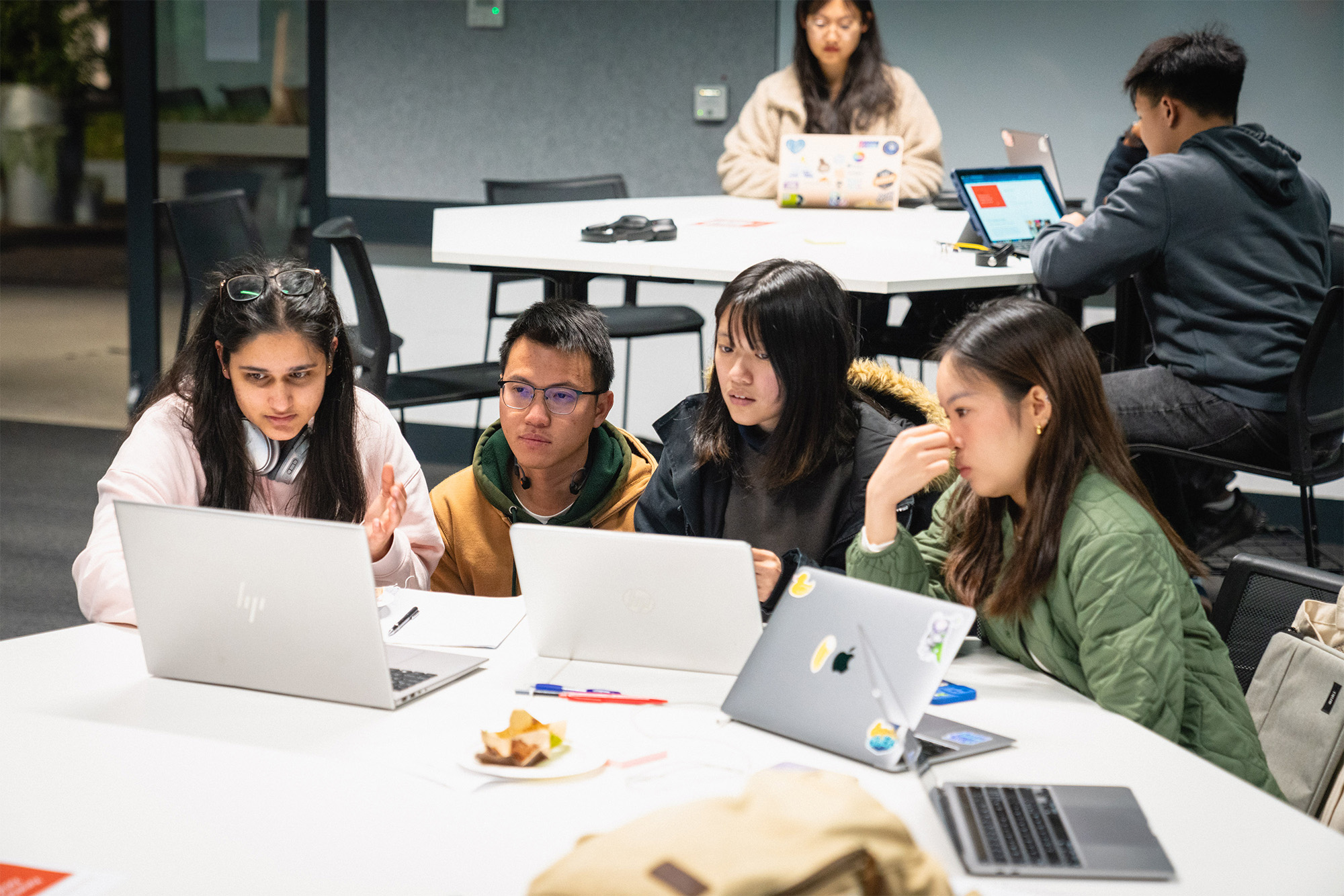
Pitch Past Winners

Professor Ron Johnston Prize in Humanitarian Innovation Winner
Emily Nabong The University of Sydney: Empowering Climate Resiliency with an Interactive Policy Tool
Second place
Phyllis Wairimu Ngugi, Bond University: Tackling Food Insecurity Through Traditional Preservation Methods
Third place
Mahima Pivithuru Herath Herath Mudiyanselage: Griffith University: Barrier-free Medical Services; Enhancing the accessibility to Primary Healthcare services in Zaatari Refugee Camp, Jordan
Professor Ron Johnston Prize in Humanitarian Innovation Winner
Arvin Hadlos (The University of Sydney): “Analysing multi-hazard housing reconstruction strategies in the Philippines”
Second place
Sabita Adhikari (The University of Sydney): “Sanitation: Latrine front-end characteristics”
Third place
Isaac Besarra (The University of Sydney): “Flood risk for residential buildings in the Philippines”
Professor Ron Johnston Prize in Humanitarian Innovation Winner
- Jimmy Deng (The University of Sydney)
- Layla Eddie (University of Technology Sydney)
- Hassan Al Hassan (The University of Sydney)
Runner up
- Maya Weston (Monash University)
- Kalutotage Sineka Bihiduni Sirinada (Monash University)
- Alistair Wastlhuber (Monash University)
Professor Ron Johnston Prize in Humanitarian Innovation Winner
- Mansour Adie (University of Sydney)
- Jimmy Deng (University of Sydney)
- Ivy He (University of Sydney)
- Sharon Davids (University of Sydney)
Runner Up
- Katherine Feng (Australian National University)
- Shaoheng Xu (Australian National University)
- Hang Sheng (Australian National University)
- Zirui Chen (Australian National University)
Professor Ron Johnston Prize in Humanitarian Innovation Winner
- Vanathy Arudselvan (University of Sydney)
- Yeeun Cho (University of Sydney)
Runner Up
- Ally Moodie (Queensland University of Technology)
- Adele van der Winden (Queensland University of Technology)
Professor Ron Johnston Prize in Humanitarian Innovation Winner
- Georgia Odlin (University of Sydney)
- Ella Lambert (University of Sydney)
Runner Up (Prize: GHD internship and automatic entry into hackathon)
- Mark Cavanna (University of Sydney)
- Kevin Miao (University of Sydney)
- Cameron Choi (University of Sydney)
- Terrence Darma (University of Sydney)
“Bio-Engineering for River Banks”
- Riley de Jong (Queensland University of Technology)
- Liam McAllister (Queensland University of Technology)
- Adele van der Winden (Queensland University of Technology)
- Ethan Hastings (Charles Sturt University)
- Zac Stanford (Charles Sturt University)
- Marcus Dege (Charles Sturt University)
- James Griffiths (Charles Sturt University)
Intellectual Property
The entrants retain ownership of their designs.
The entrants license the University of Sydney to use and modify for use their photographs, video and any written content as a part of
promoting the program Awards and the winners.